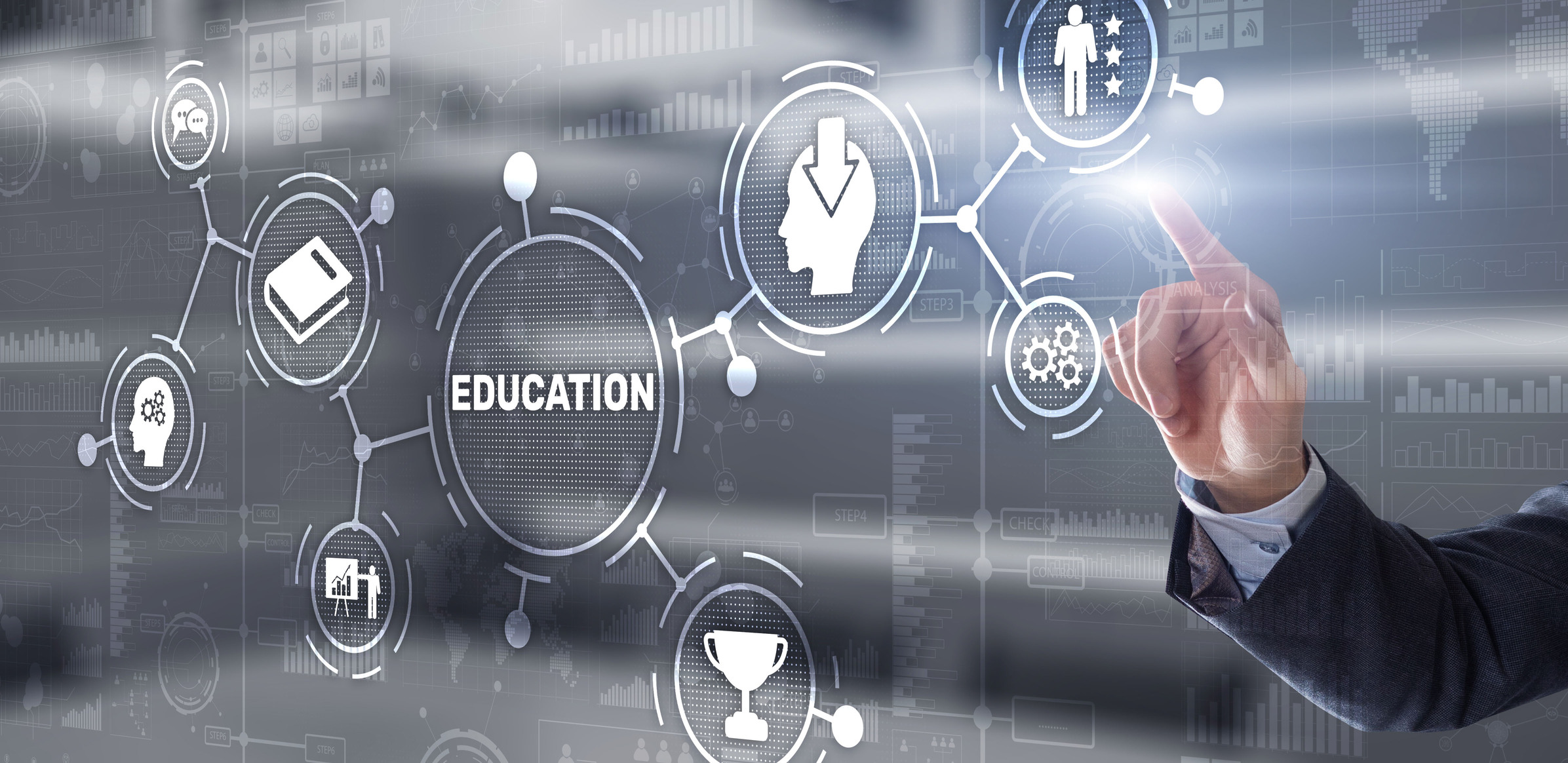
Technology has had a significant impact on the education industry, leading to the creation of a new industry - EdTech. The use of technology has transformed traditional teaching methods, making learning more engaging and accessible. Here are some ways in which technology has birthed the EdTech industry

Online learning platforms have revolutionized the education industry, making it possible for students to learn from anywhere in the world. These platforms provide access to a wide range of courses and educational resources, enabling students to learn at their own pace.
Virtual and Augmented Reality technology has been used to create immersive learning experiences. These technologies allow students to visualize and interact with complex concepts, making learning more engaging and interactive.
Personalized learning uses data analytics to create tailored learning experiences for individual students. Personalized learning platforms use algorithms to analyze student performance and provide feedback and learning resources that are customized to each student's needs.
Gamification involves the use of game design elements in non-game contexts, such as education. Gamification has been used in the EdTech industry to make learning more engaging and motivating. By introducing game-like elements such as points, levels, and badges, students are encouraged to participate in learning activities.
Artificial Intelligence (AI) has been used to automate repetitive tasks, such as grading and assessment. AI can also be used to create personalized learning experiences, providing students with customized learning resources and feedback.
Cloud computing has made it possible to store and access educational resources and data from anywhere in the world. Cloud computing also enables collaboration and sharing of resources among teachers and students.
Mobile learning involves the use of mobile devices, such as smartphones and tablets, to facilitate learning. Mobile learning has made it possible for students to learn on-the-go, making education more accessible and flexible.
Learning Management Systems (LMS) provide a centralized platform for managing and delivering educational content. LMS systems can be used to create, manage, and track learning activities, making it easier for teachers to monitor student progress.
Video conferencing technology has made it possible for teachers and students to communicate and collaborate in real-time. Video conferencing enables remote learning, making education more accessible to students in remote locations.
Open Educational Resources (OER) are educational resources that are freely available and can be used, adapted, and shared. OER can be used to supplement traditional teaching materials, providing students with access to a wide range of educational resources.